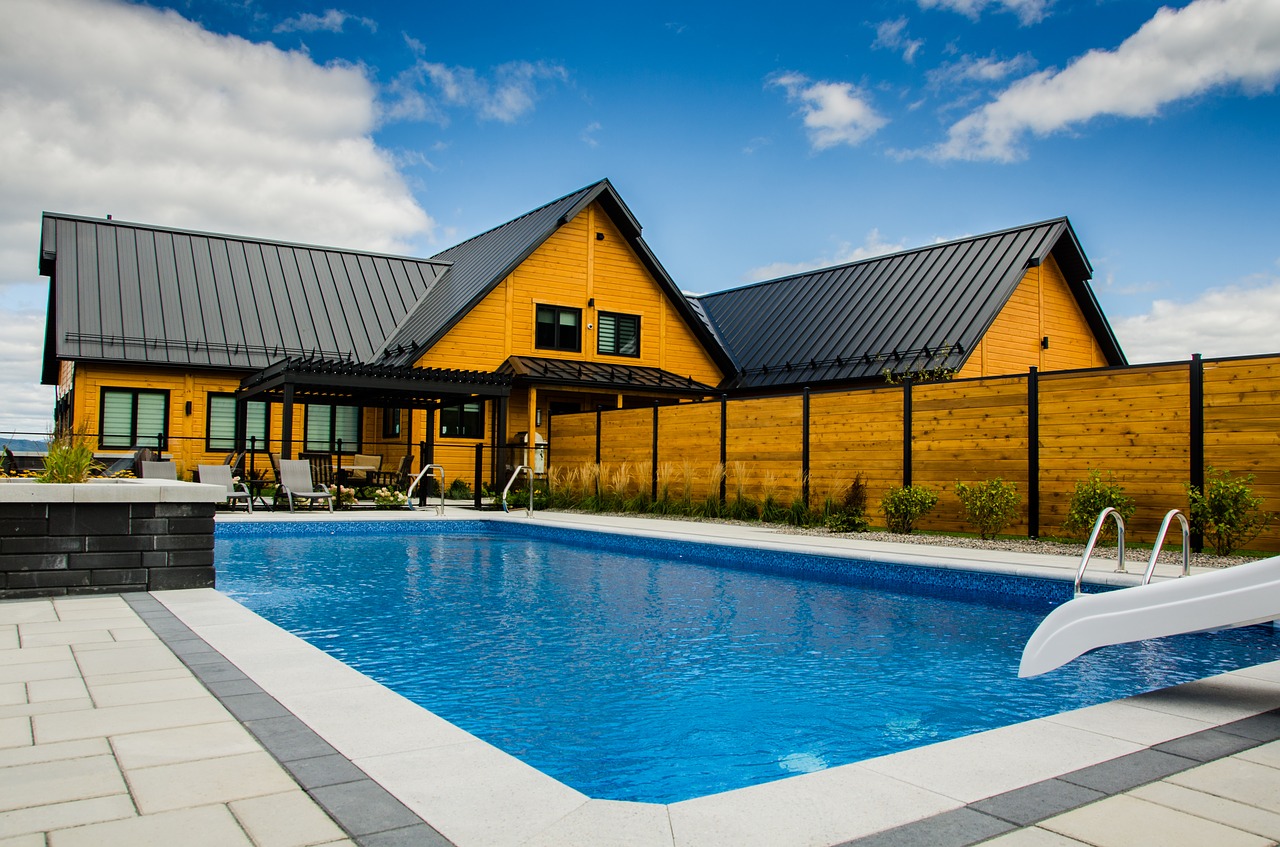How to Find & Fix Swimming Pool Leaks
For even the most experienced pool owners, a leak can wreak havoc on an outdoor space. As every pool is unique, it’s important to understand that certain treatments may not work for your specific system. Pool leaks can cause a plethora of problems for homeowners. For example, a pool leak will eventually decrease the water level below the intake line, which can damage the whole pump system. Furthermore, a pool leak can also affect the plumbing connecting the pool with the filter equipment, in which case the pipes may corrode. If you think your pool has sprung a leak, Shoreline Pools has put together some quick ways to assess the situation.
Check Your Pool’s Surroundings
For above-ground pools, the source of the leak might be more apparent and easier to locate. However, for custom in-ground pools, individuals typically identify a leak by noticing lowering water levels. To be prepared for any situation, you should keep a record of your pool’s water levels on a regular basis.
To check if your pool is leaking, and not subject to a different problem, monitor your water levels when the pumps and system are both on and off. This will give you a more accurate reading, so you can be sure that there is a problem with something internal and not from outside elements such as rainwater, evaporation, or debris. When you are monitoring water levels, this is a good time to check your filters for broken parts and debris that may be caught inside and limiting the flow of water. Proper and regularly scheduled maintenance is a key factor for avoiding pool leaks down the road.
Change Your Pool Liner
Cracks in the foundation of your pool or liner can also be the cause of the leak. To identify this issue, it’s best to call your local pool professionals at Shoreline Pools to properly diagnose it. This way, you will be able to weigh out your options for renovations and new pool liners.

For small-scale leaks, patching the concrete or liner can be a simple fix, so that you can continue using your pool for the season. Make sure to keep an eye on these patches as they simply offer a temporary reparation to the existing issue and are not full replacements of the liner or foundation. Standard vinyl pool liners typically only see a lifespan of about 5 to 9 years. If you know your pool liner is reaching that 5 to 9-year mark, it may be in your best interest to change it out as soon as possible to avoid future leaks and complications.
Checking for Hidden Underground Swimming Pool Pipes
Some leaks can stay hidden for a while and can cause unnoticed flooding in your backyard. In most cases, you can trace big leaks back to broken or corroded pipes, which usually occurs in older, outdated pools. Although plumbing and pipe issues are not typically common, if they do occur, a pool pressure plumbing test can be done to see if the pipes underground are the culprit.
If you recently moved into a home with a pool, make sure to get your pool inspected by pool service professionals to make sure that it functioning efficiently. Although unlikely, if a plumbing leak or similar problem occurs, pipes can easily be switched out and elements can be fixed without being extremely invasive to your outdoor space.
Avoiding Gunite Pool Leaks with a Professional Pool Service
To avoid pool leaks from happening in the first place, introduce a basic cleaning schedule that you can easily follow. Proper pool maintenance will keep your pool healthy, clean, and help you identify easy to fix leaks as soon as they occur. At Shoreline Pools, we understand that life may get in the way of daily and weekly care. With these easy tips, you’ll be able to keep up with your pool maintenance and know when it’s time to call in a professional. That way, you can keep enjoying your pool for the rest of the season! Connect with the maintenance and repair team at Shoreline Pools by dialing (203) 357-1544 today. You can also connect with our team on HOUZZ.





